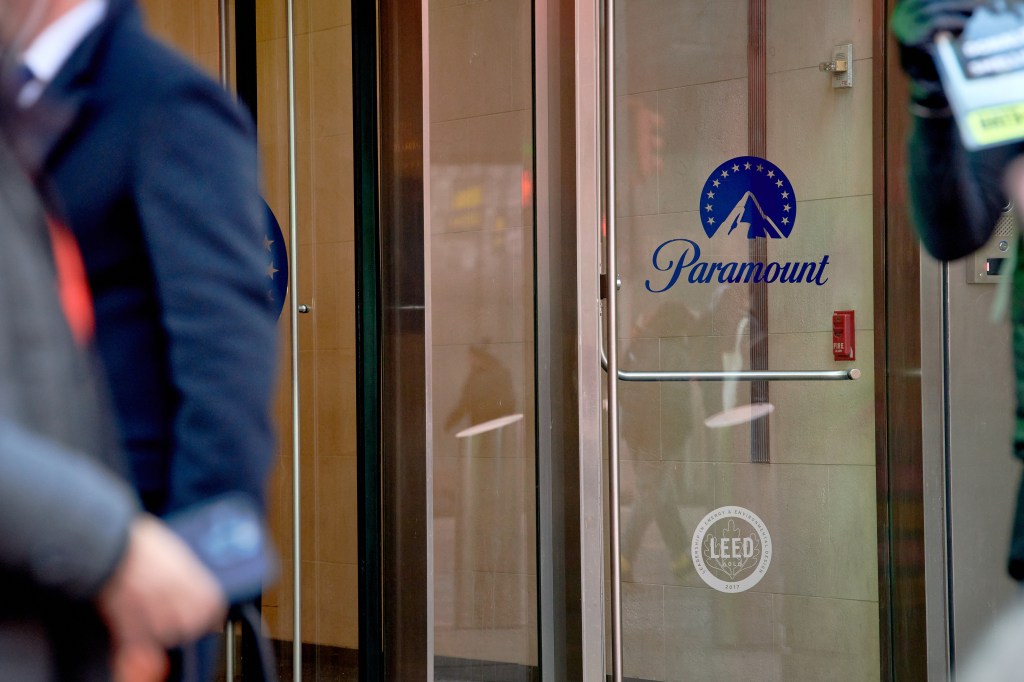
Cybersecurity remains a white-hot space for investors. In the latest example of that demand, EQT has bought a majority stake in Acronis, a security company that specializes in data protection, cloud and integrated security solutions for managed service providers (which resell services to consumers) and corporate IT teams.
The size and value of the stake, as well as the enterprise value of Acronis, are not being disclosed. EQT and Acronis say that the deal values Acronis higher than its last disclosed valuation, which was $3.5 billion, based on an investment in 2022. Some sources indicate that the actual valuation in this deal was around $4 billion.
For some context on growth, Acronis itself says that today its solutions are used by 20,000 service providers and more than 750,000 businesses. In 2022, it said it had 5.5 million “home users” and 500,000 business customers, and in 2021, it said it had 10,000 service providers on its books. Employees now stand at 2,000, up from 1,700 in 2022. Gaidar Magdanurov, Acronis’ president, told TechCrunch that the company’s cloud business’ annual recurring revenue is growing at 40%.
In 2021, the company told TechCrunch that it was profitable. It has raised more than $600 million in equity and debt over the years prior to this latest deal. Its investors include BlackRock, CVC, and Goldman Sachs.
“The founders, management, and several existing investors — including Black Rock, CVC and Springcoast — will remain as minority investors,” Magdanurov told TechCrunch. He added that its founders, Serg Bell (who used to go by Serguei Beloussov) and Stanislav Protassov, will retain a material stake in the company, too.
“Today’s announcement is great progress. It has always been important for Stanislav and myself — the founders — to find a partner that aligns perfectly with Acronis’s culture and vision,” Bell said in a statement to TechCrunch. “With the amount and intensity of cyber threats constantly growing, we are confident that Acronis is uniquely placed to be the best platform for service providers to profitably protect and operate their customers’ information technology infrastructure.”
Going forward, he added, the two founders will put more attention on another project they have, the Constructor Group, with a focus on AI and metaverse applications.
This deal is long in the making and underscores how private equity continues to be a very common exit option for enterprise technology companies at a time when the IPO window largely remains closed.
Acronis has been around since 2003, originally getting its start in Singapore before reincorporating in Switzerland. It originally started as a spinoff of Russian-founded, virtualization specialist Parallels with a focus on data recovery and backup (which turns out was actually SWsoft, which rebranded in the name of its most popular product at one point). Over the years, it has expanded into a one-stop shop of services that include continuous data protection, cloud security, endpoint protection, patch management, anti-malware, and more. Its competitors include Commvault, Veritas and others.
Acronis will continue to operate, now with major investment from EQT behind it.
“We are thrilled to have EQT as a major shareholder to support our strategic expansion and share our vision for growth,” said Ezequiel Steiner, current CEO of Acronis, in a statement. “We would like to thank our existing investors for their support to date and are pleased that many will remain invested as we move forward. But most of all, I’d like to thank the Acronis team for their work in getting us to this stage.”
“Acronis is a strongly positioned cybersecurity and data protection software platform with a clear value proposition to Managed Service Providers,” added Johannes Reichel, partner and co-head of technology for EQT’s PE team, in a statement. “EQT has followed the company’s journey for many years and continues to be impressed by its performance and innovative strength.”

